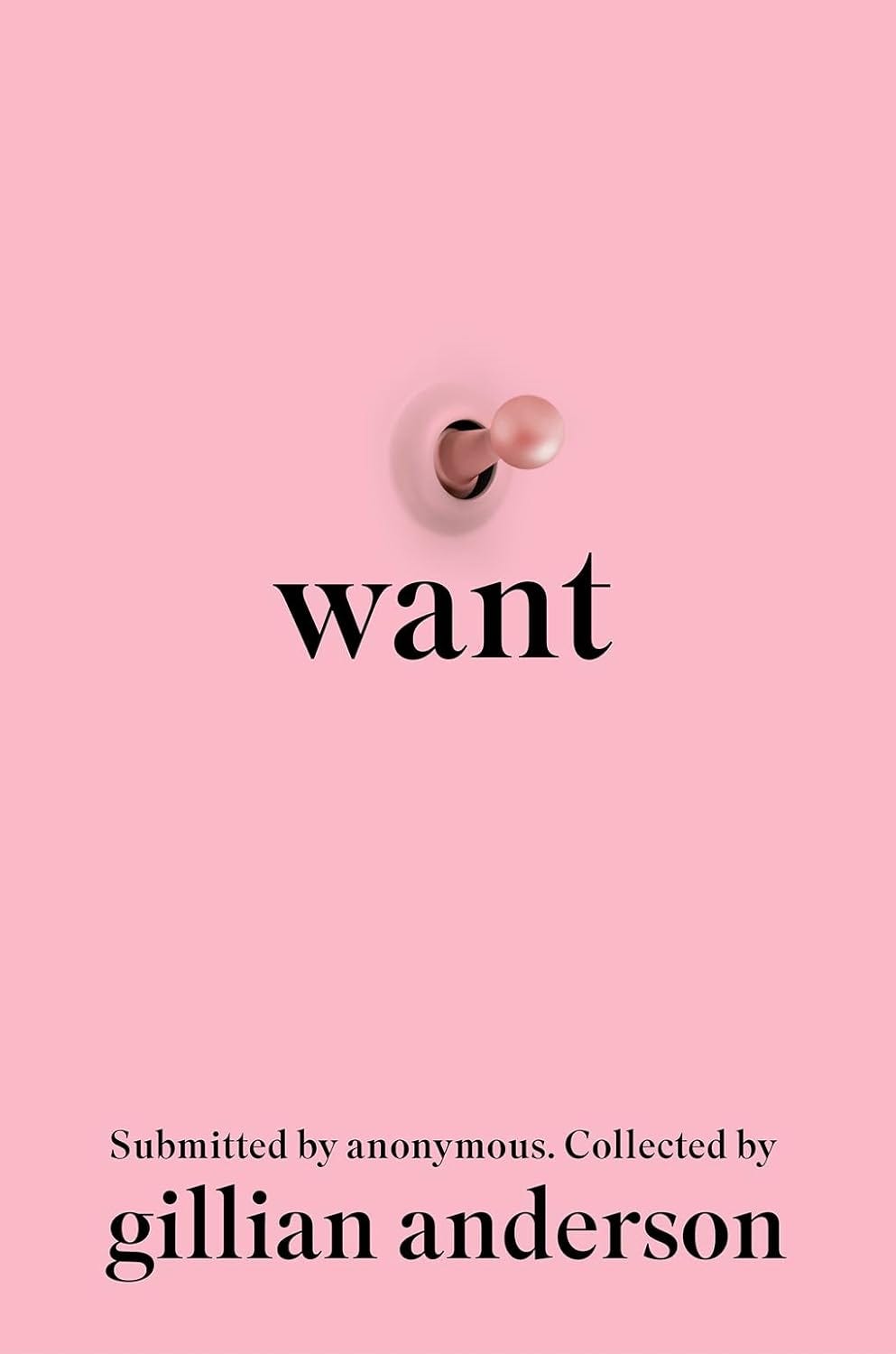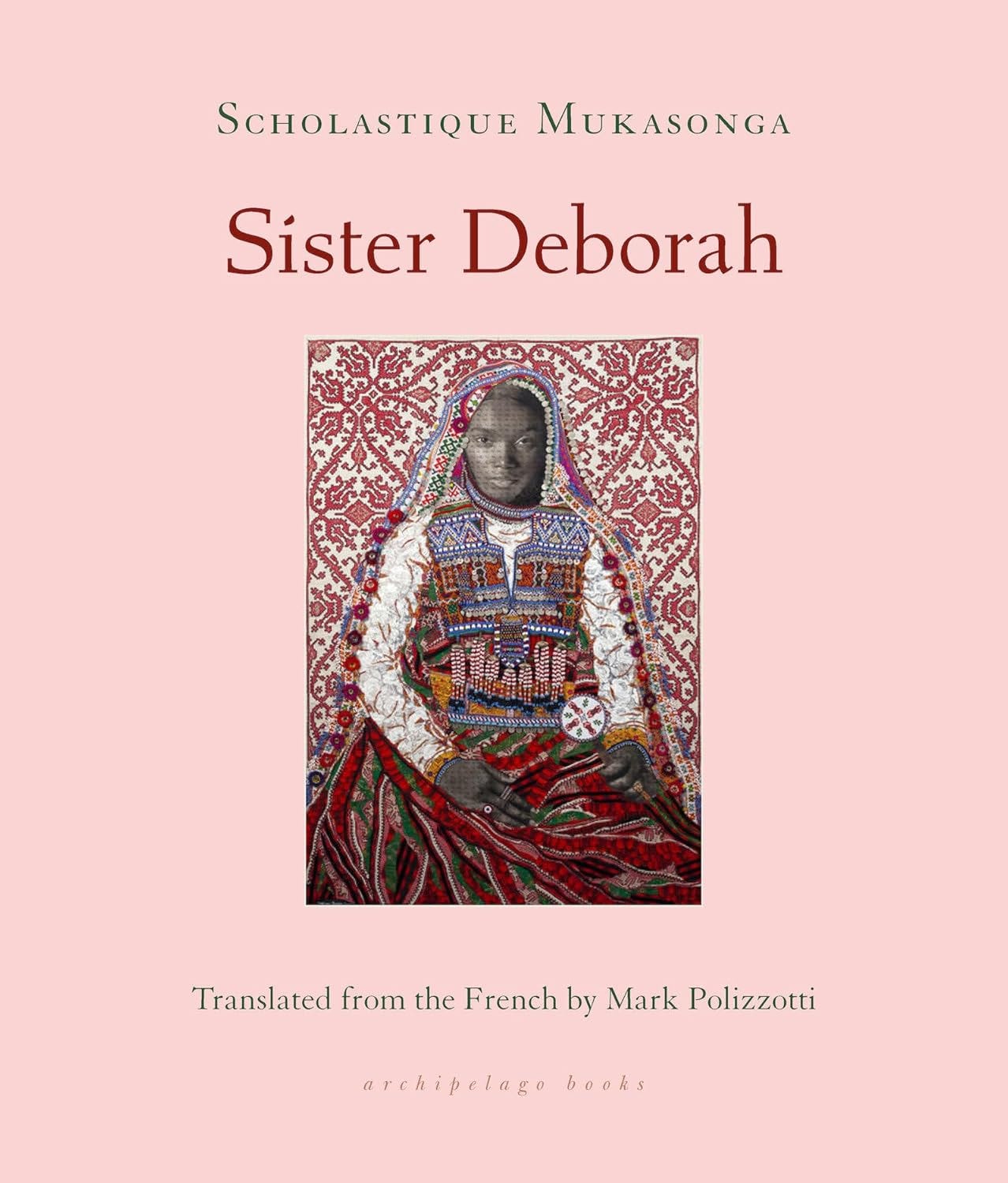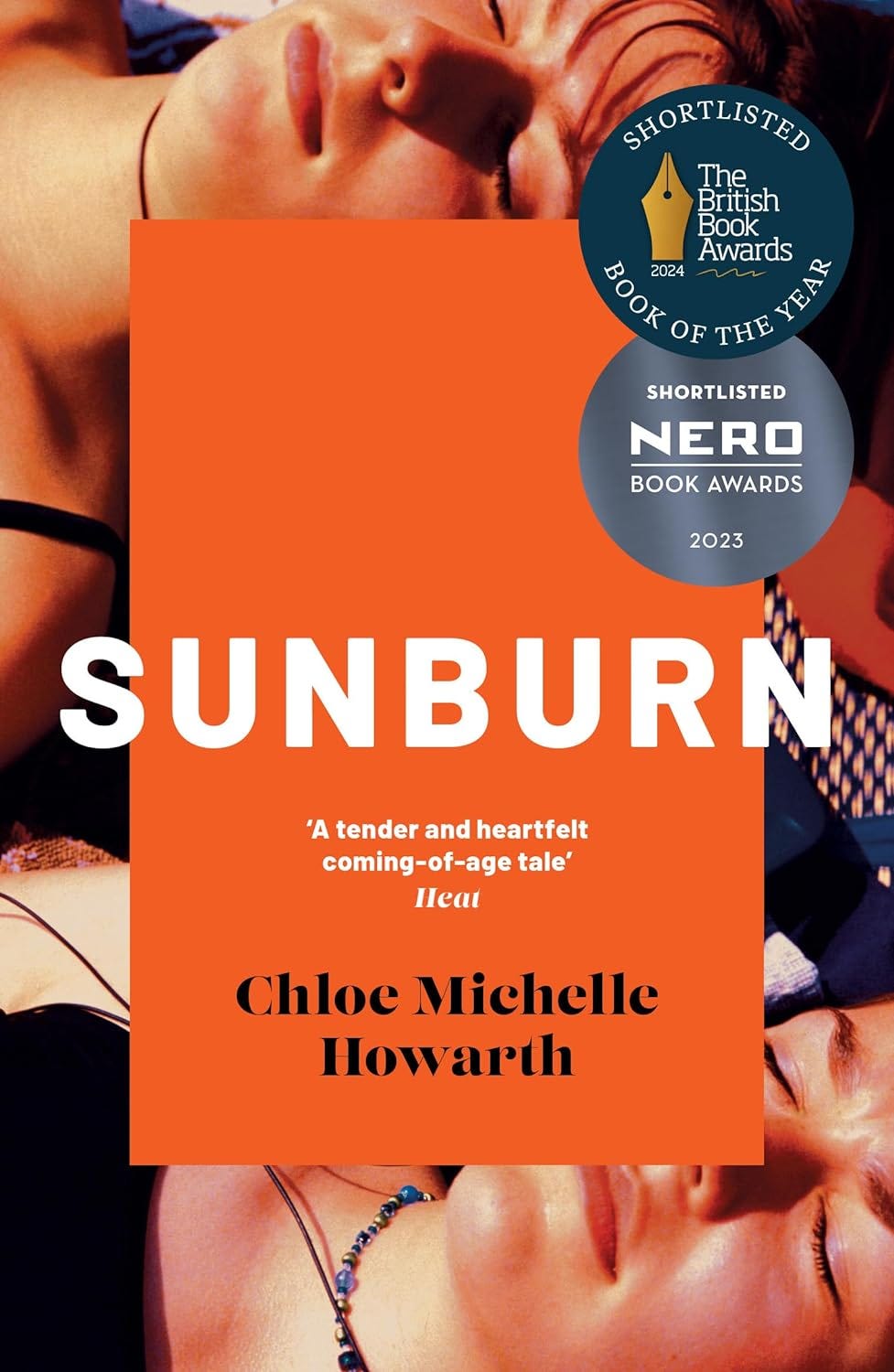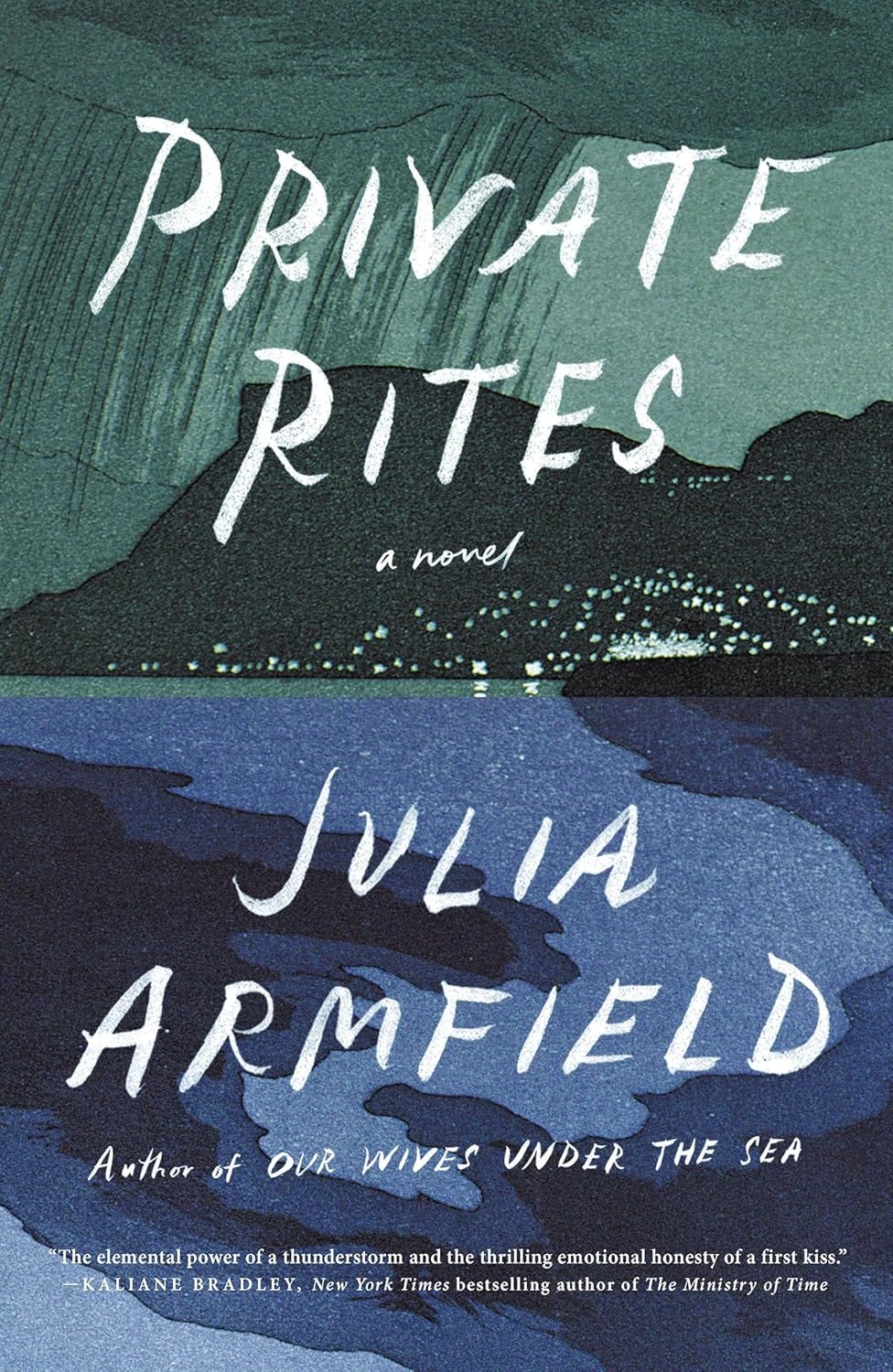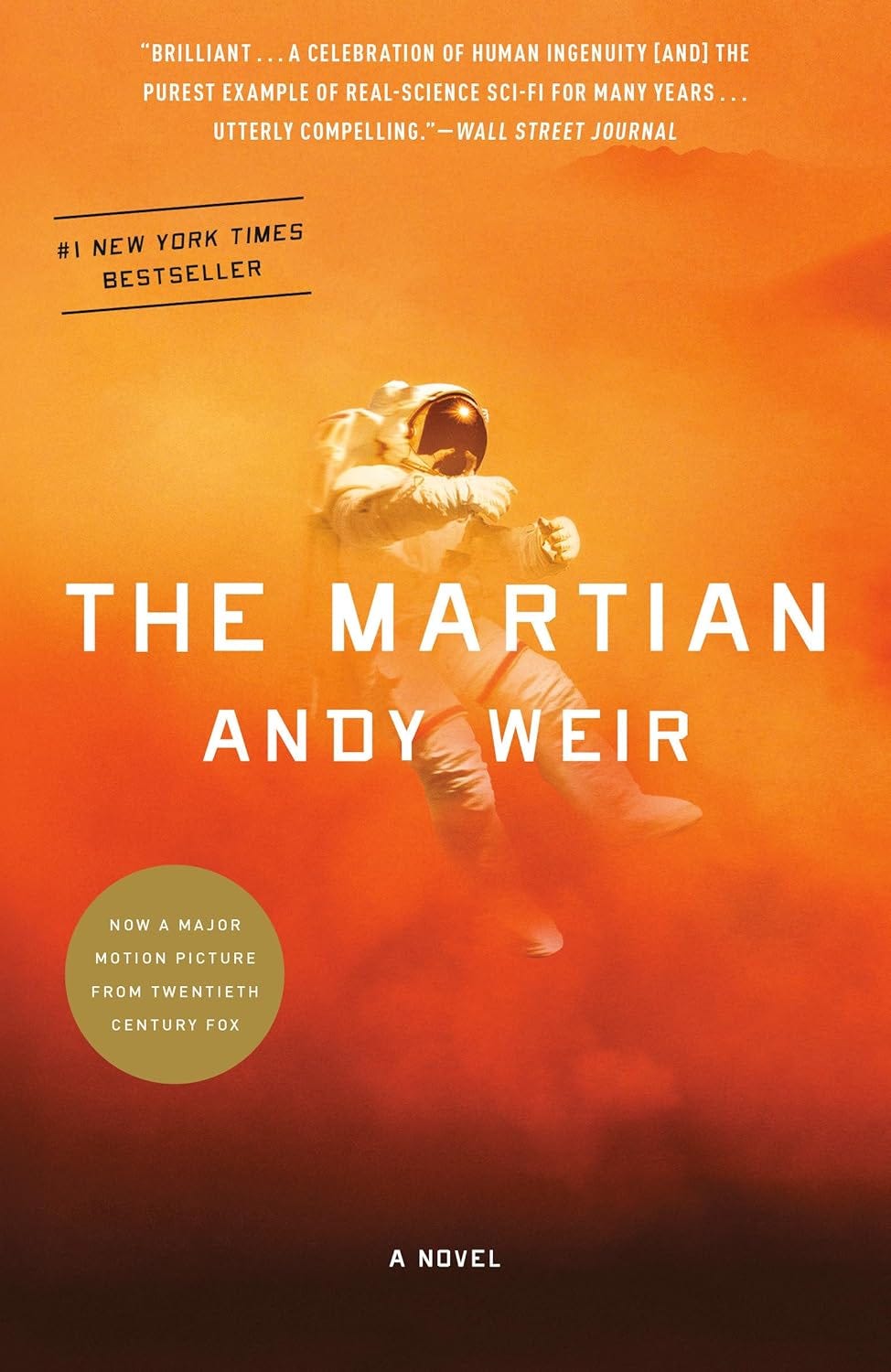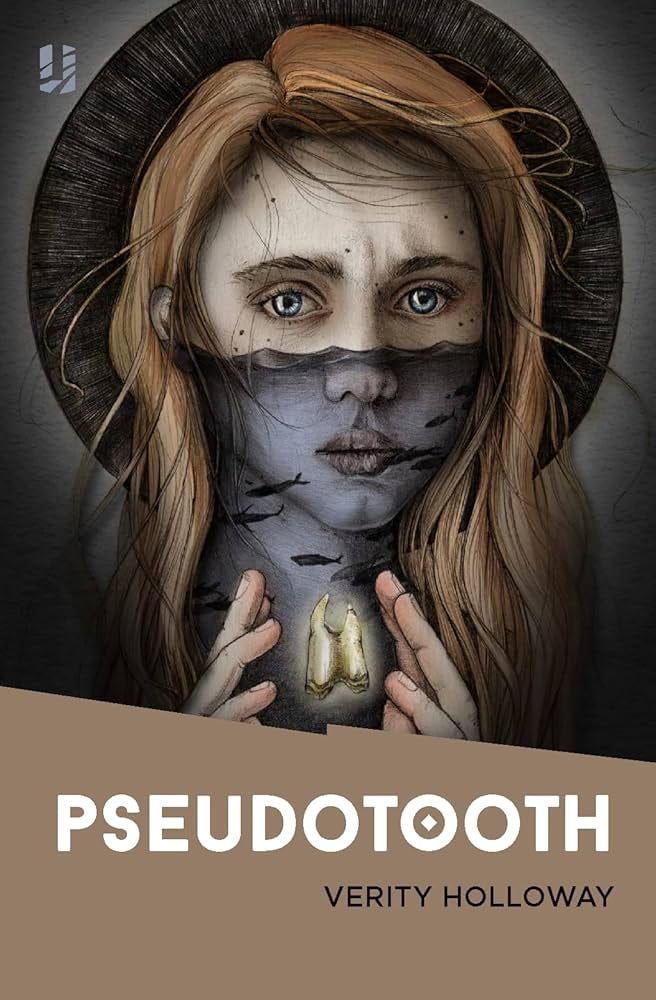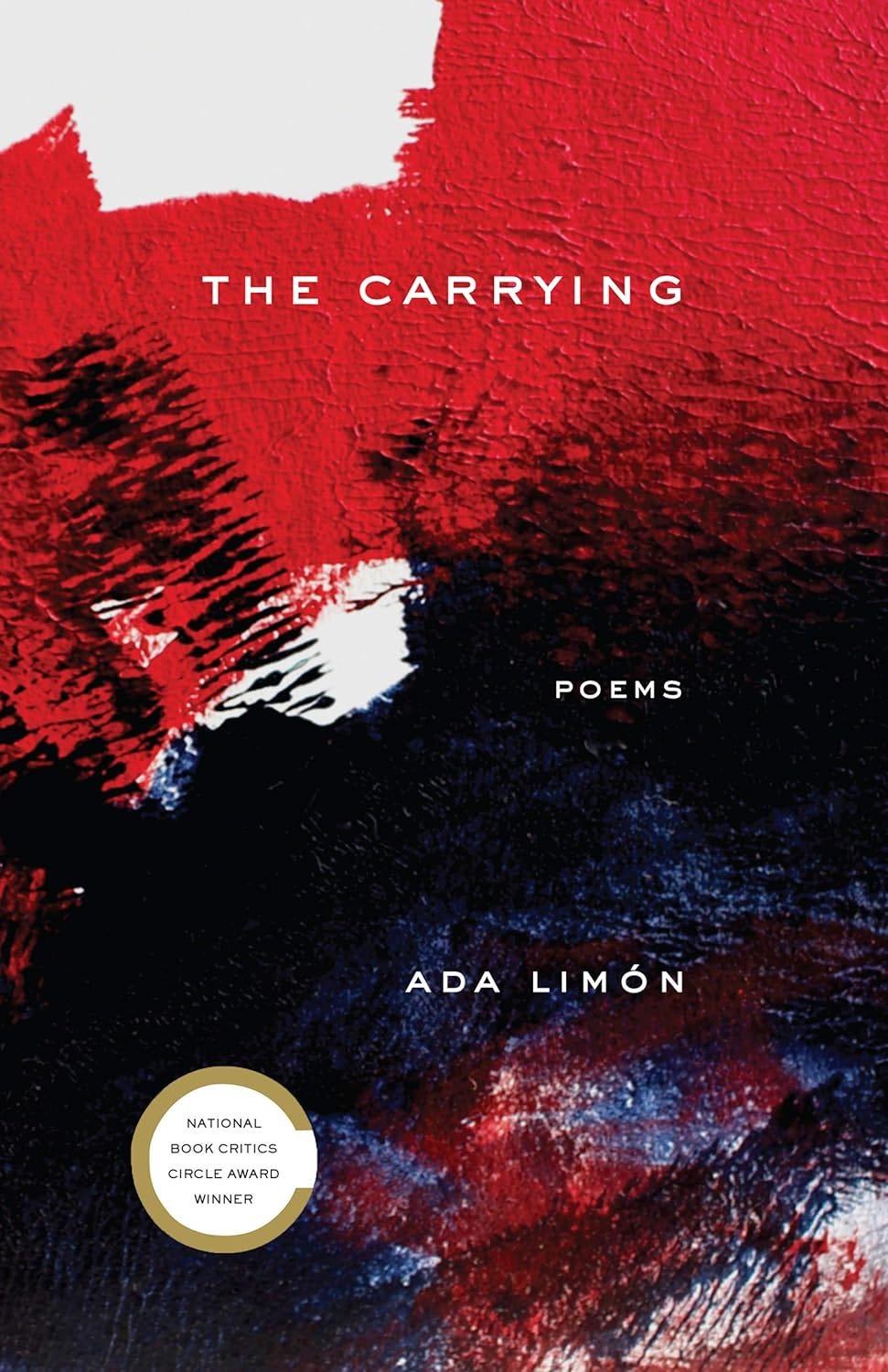april 2025 roundup; or, fool's spring.
Spring’s here. For real this time. (I think.) I found an old post I wrote about spring in 2022 that goes as such: “Spring holds a strange place for me. While the rest of the earth melts and softens and rustles awake, the chrysalis of ice keeping me in place also surely cracks and gives way. Spring is a deluge; I find myself picking through the wreckage that the floods carry back to me, salvaging old keepsakes from the flotsam.”
I reiterate it here because it still holds true. Something about spring incites a manic restlessness in me, a slow but inexorable flowing-forth like a mudslide. Coincidentally, in the past few months, floods have become somewhat of a fixation for me. Like, I’ve been reading, writing, dreaming, and thinking a lot about floods.
I also reiterate it because I’ve sensed that same frenzied, unraveling energy writ large in politics. Childish rich boys playing at big men, unpicking the stitches of the seams that hold everything together—though some of it was already coming apart, mildewing, the stuffing loose. Frankly, it feels trite to jump on the horn each month and try to talk about books here, to even begin trying to wrap arms around anything going on. But here I am, in your inbox, locking eyes with you across cyberspace in silent question: What the fuck do we even do here?
In spasms of grief our bodies, by some ancient instinct, can’t help but flood themselves, an outpouring that can’t be stanched until it’s spent.
I usually try to relate my introduction to things I’ve read for the month, to make it at least semi-relevant. For April: Something about flooding and desire, about unstoppered want and the cracking-open of repression. Something left to flow undammed, the good and the ugly and all that which can no longer be stifled or ignored. That honest, unsparing river runs through a few of the choices below, from the quiet, liturgical claustrophobia of 1990s Northern Ireland to a rising tide of repressed family trauma in flooded, futuristic London. I hope spring is less of a reckoning for you than it is for me; that it can be a time to gently stretch and unfurl, to grow in new directions, and to find a refuge of underwater-quiet in the endless din.
Featured review: Want by Anonymous, collected by Gillian Anderson
Genres: Nonfiction
☆☆1/2
Listen…my girl Gillian Anderson puts out a book, I read it. This is an interesting one to rate because it’s an anonymous collection of many real people’s sexual fantasies. It posits an interesting question: What will women admit to wanting, when they’re given the complete freedom to do so? In a fascist state, even pleasure is political—anything deemed unruly within the body, specifically the female or queer body, must be strictly controlled and erased. While Anderson is never quite so political in her insights, that nevertheless is the salience of her project. A heartbreaking thread throughout these fantasies is women’s simple desire to be truly wanted and respected (well, sometimes disrespected, but YKWIM) by their partners. For all the current to-do about a male loneliness epidemic, it’s a sad truth that women usually bear the brunt of this emotional disconnect. Separate point, but it was refreshing, given the behavior of other British authoresses who will not be named, that Anderson uses an all-encompassing definition of womanhood in her roundup.
However, Want is structurally tedious. There are only so many fantasies you can read in a row before you’re like, “Okay, when does this wrap up?” While some were interesting and some were touching, most quickly ran together in one long, smutty, Wattpad-flavored drone. To echo Anderson, I am not easily shocked or scandalized, so even the most illicit of the entries did little in the way of pearl-clutching. Perhaps my staidness from 20 years in the bowels of the Internet insulates me from the titillating effect that Want clearly hopes to elicit in its readers. Regardless, it provides an interesting window into the inner lives of women from a diverse sample pool, and it will hopefully make some people out there feel less alone.
Around the World Challenge: Rwanda 🇷🇼
Sister Deborah by Scholastique Mukasonga, translated by Mark Polizzotti
Genres: Literary Fiction, Historical Fiction
☆☆☆1/2
This book was pitched at book club as “1.) Catholics and 2.) Rwanda,” so I honestly had no idea what to expect. Sister Deborah is a small slice of a novel that nonetheless covers a lot of ground on colonialism, feminism and religion. As a young girl, Ikirezi is healed by a missionary-prophetess named Sister Deborah. As an adult and an American professor, Ikirezi returns to Rwanda to determine the true story of Sister Deborah, whose controversial life (and death) has inspired various versions and rumors. Mukasonga explores the never-ending questing of faith, as salvation and apocalypse prophecies throughout history have yet to fulfill their promises. She observes that the perpetuity of faith relies on eternal waiting, as “the promised land always recedes on the horizon of hope,” examining this idea through both an African and an African-American perspective in early twentieth century Rwanda. Mukasonga’s messianic mythmaking around Sister Deborah—and the fusion of Christian and local Rwandan folk beliefs and traditions—is one of Sister Deborah’s more interesting aspects, though parts of the storytelling are a little dry.
Reviews in a flash
Literary & Historical Fiction
Sunburn by Chloe Michelle Howarth
☆☆☆1/2
Thanks to Netgalley for the ARC. I’m not sure why I thought a book about lesbians in Troubles-era Northern Ireland would be anything but depressing, but damn. In Sunburn, Howarth makes you feel the suffocation of tradition and expectations in a conservative Irish Catholic village. The main character, a repressed teenage girl named Lucy, agonizes over choosing between her lover, Susannah, and losing her family forever. The prose is plain and raw, if occasionally overwrought, in the way of many coming-of-age stories. Where Lucy isn’t always likable, she’s understandable. There were aspects of this book that left me wanting more—more of a defined arc for particularly Lucy, who waffles and sleepwalks her way through a lot of the book, and more of a resolution and comeuppance for many of the horrible side-characters, especially Lucy’s mother. Ultimately, though, Sunburn paints a vivid picture of the emotional landscape of teenagers in forbidden love, and the excruciating double-bind of loving your hometown and knowing that it will never allow you to be authentically happy.
Sci-Fi, Fantasy & Speculative
Private Rites by Julia Armfield
☆☆☆☆
I truly have so many thoughts on this book that I’m not sure where to begin, but I’ll try to stay brief. In a flooded London of the vague future, three sisters—Isla, a therapist, control freak, and recent divorcee; Irene, an ex-PhD student with anger issues; and Agnes, an avoidant-attached cynic with a lifetime’s worth of weird experiences—grapple with the death of their wealthy father and the years-accrued layers of dysfunction between them. Private Rites is a lush and unique reimagining of King Lear that, for the most part, is purely speculative-litfic fare, until the book abruptly veers into horror-thriller around the last 20 pages. I had a hard time putting my finger on which genre this book truly is, but I suppose the blend is the point.
My feelings overall are mostly positive but a little conflicted. Starting out, I found the sisters’ petty unpleasantness toward each other and their self-absorption exasperating and repetitive, but sister stories are truly my biggest kryptonite, so they each grew on me as the novel unfolded. On a line level, the prose is immersive and striking, if at times enamored with its own literariness. As a whole, I think my biggest criticism was in pacing—again, the book is a meditative, climate change-oriented speculative novel until it’s abruptly not. (The book jacket synopsis is also pretty misleading all around.) However, the richness of the setting and the unraveling of the family dynamics sunk their hooks into me the more I was reading, so overall I’d recommend!
The Martian by Andy Weir
☆☆☆1/2
Most probably know the premise of this one: A brilliant, resourceful engineer gets stranded on Mars after a space mission gone wrong. The Martian is told through Mark Watney’s written and audio logs as, in the face of setback after setback (after setback), he tries to stay alive while isolated in completely inhospitable terrain. The cheerful levity of Watney’s voice definitely helps to alleviate the dryness of the science dumps, but not completely—parts of this were a slog. And I honestly found the scientific logistics far more believable than the idea of the U.S. government (and China) shelling out hundreds of millions of dollars to recover one dude. Cynicism aside, I overall liked The Martian, and I came to care about Watney and his crew more than I expected.
Thick as Thieves (Queen’s Thief #5) by Megan Whalen Turner
☆☆☆☆☆
It’s honestly rare for me to keep up on reading a full series but I just…love this series, man. I was saying to a friend I love how prismatic the worldbuilding across Queen’s Thief; Turner’s differing narratives and perspectives really give you a built-in world with characters that you get to know quickly but really care about. This particular installment, the penultimate in the series, follows a freed slave named Kamet and fan-favorite (the fan: me) soldier Costis as they flee bandits together across the country. Each Queen’s Thief book reworks a classic myth or mythical trope in some way (usually Greco-Roman), and so I was already going to be deeply inclined to enjoy the book that takes after the traditions of homosocial epics like Gilgamesh. So, predictably, I did enjoy it.
Gothic & Horror
Pseudotooth by Verity Holloway
☆☆☆
Pseudotooth tells the story of Aisling Selkirk, a lonely teenager afflicted with unexplainable blackouts called pseudo-seizures. After she’s shipped off to her great-aunt’s remote estate to recover, Aisling’s reality begins to slip as she uncovers dark secrets within the house and her own mind. Through dark, dreamlike prose, Holloway explores the stigma of mental and chronic illness, social difference, and the lasting effects of trauma. Pseudotooth had a really strong beginning, then lost me with pacing somewhere around the halfway mark. I appreciate how deeply strange and unique this story is, but I admittedly had a hard time following the separate perspectives and the worldbuilding. That said, this was overall a really fresh take on portal fantasy.
Memoir & Poetry
The Carrying: Poems by Ada Limón
☆☆☆☆1/2
In her poetry, Limón explores personal topics like grief, infertility, aging, chronic pain and cultural belonging—and larger political ones like nationalism, feminism and climate change. Many of the poems in The Carrying delve into what it means to live meaningfully and compassionately in a cruel world that often seems on the brink of self-destruction. Though the collection was published in 2018, I felt its relevance very keenly as I went through. Reading Limón’s poetry reminds me, as the best poetry does, to live presently and to view each mundane moment and observation with artistic potential.
That’s all for now. Until next time. <3




